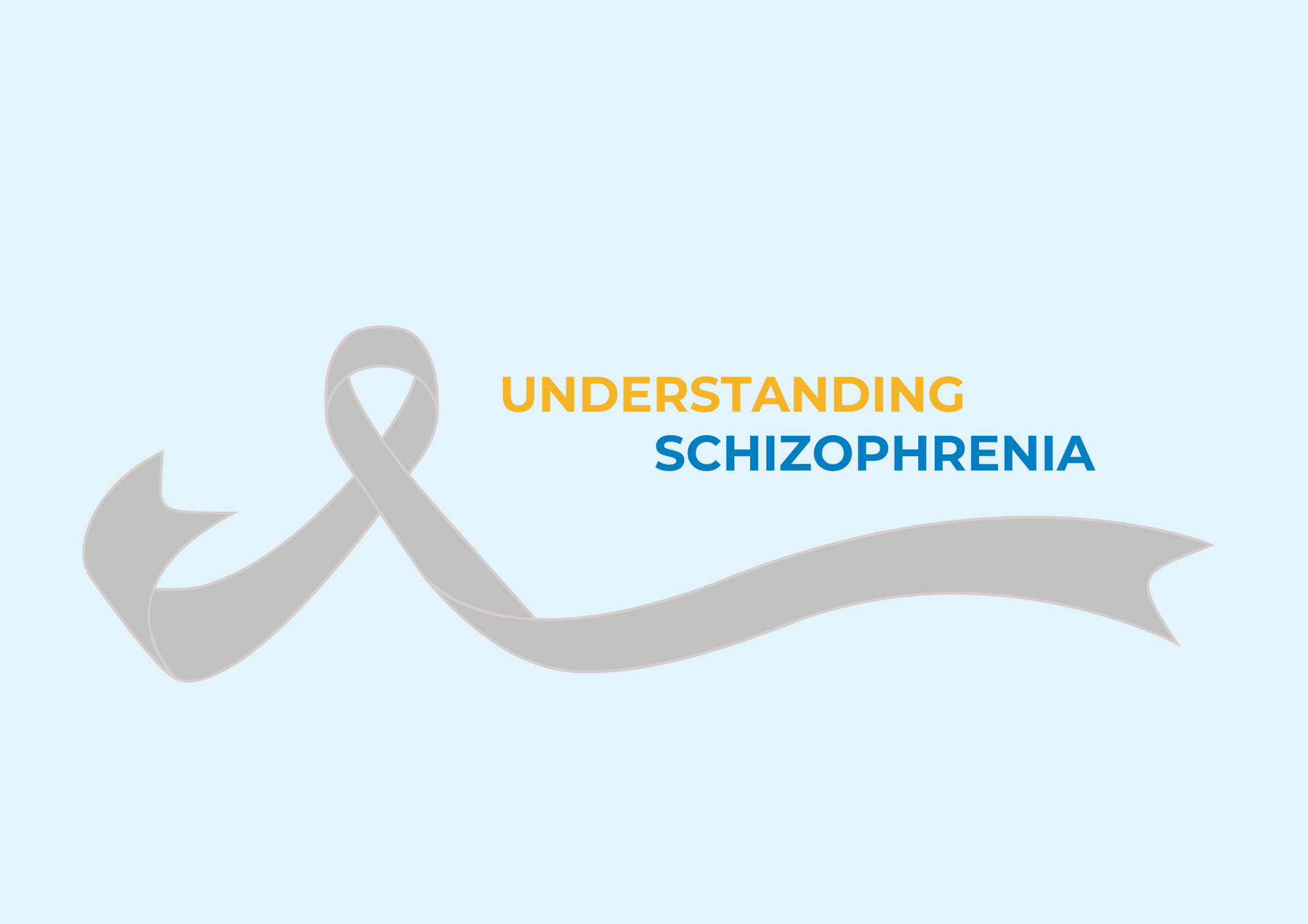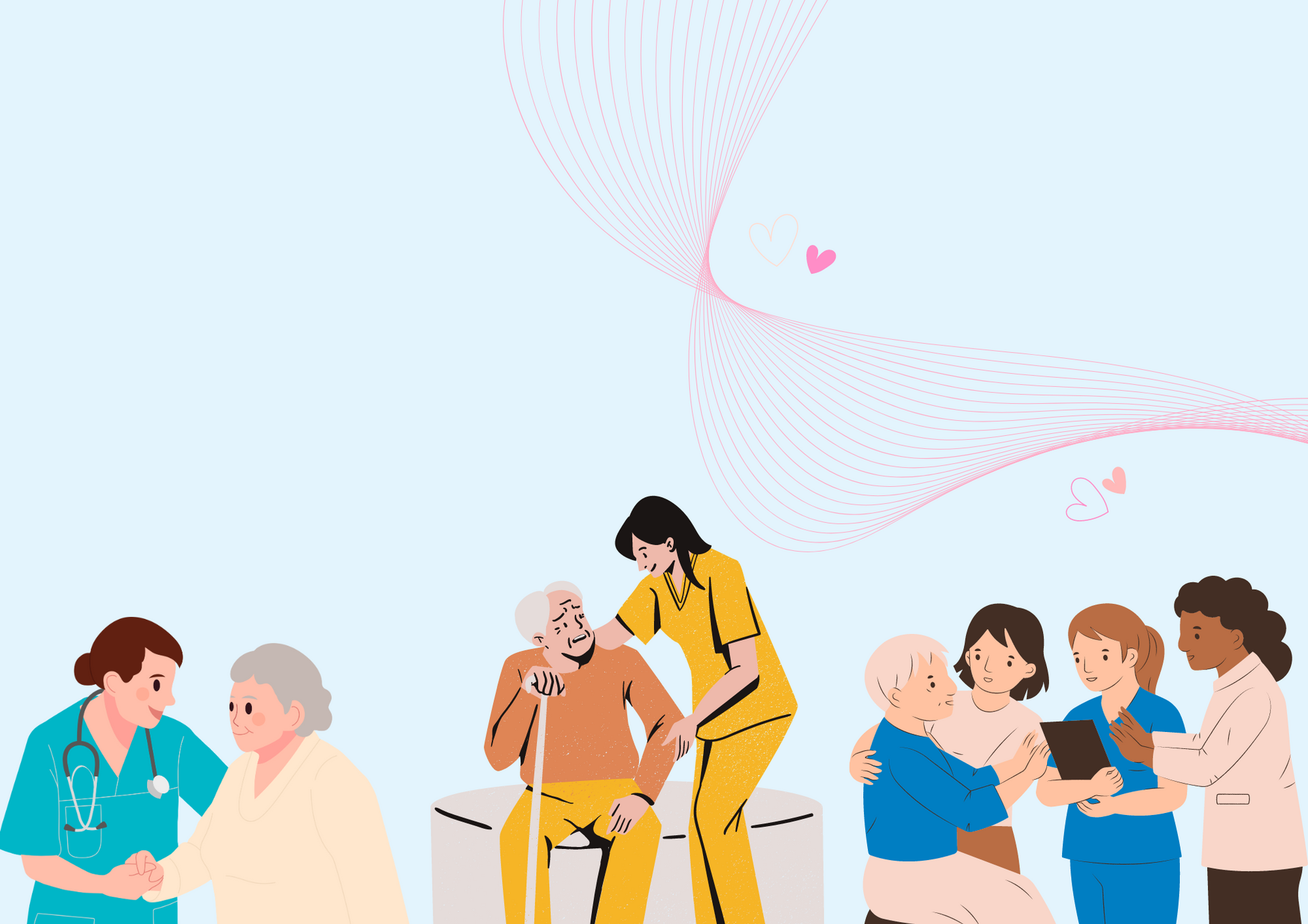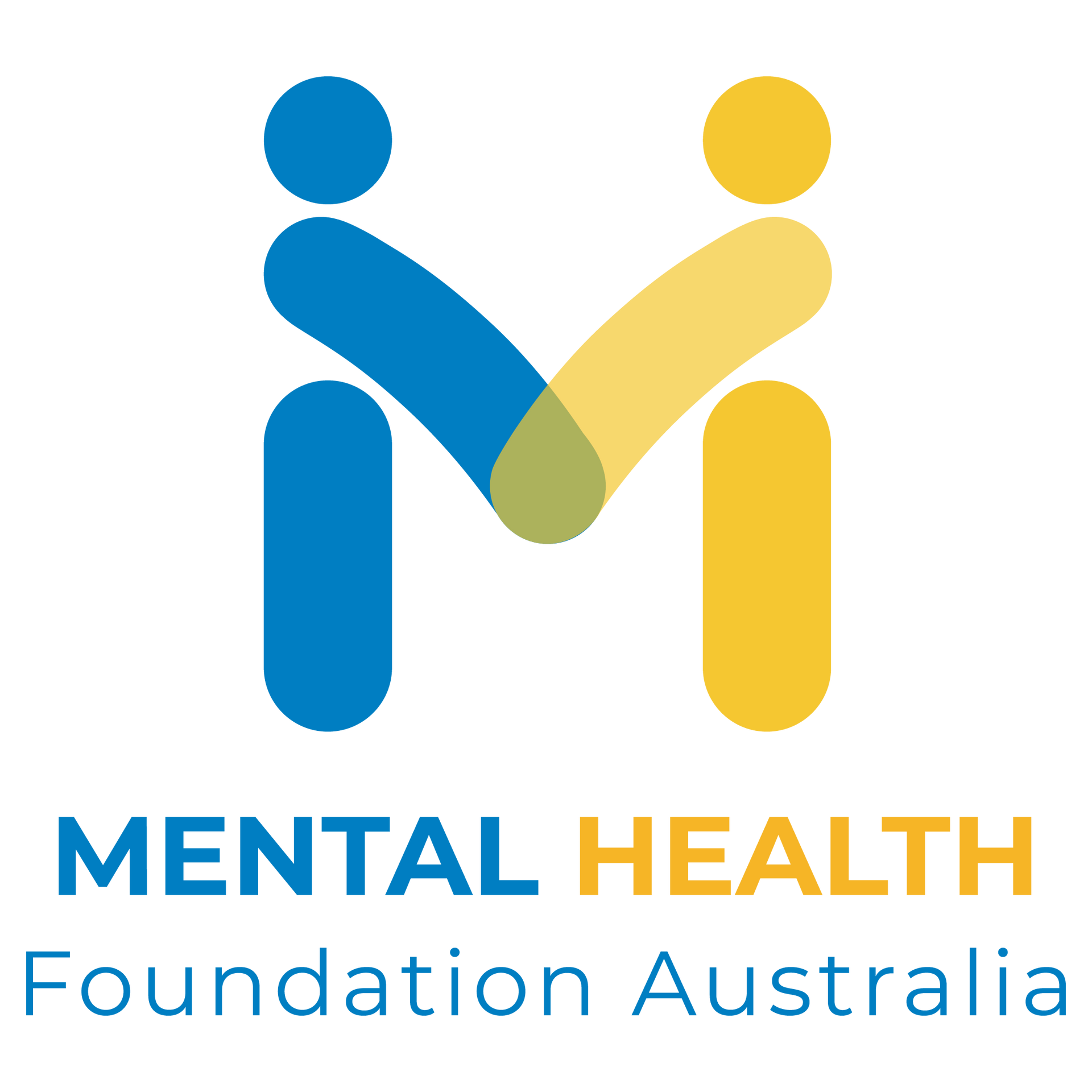Get in touch with us: (03) 8825 3500 / 1300 643 287
Expressing Gratitude: Cultivating Mental Wellbeing
Jun 28, 2023

Have you heard of the saying that “It is only with gratitude that life becomes rich?” In the hustle and bustle of daily life, we often forget to express our gratitude for the blessings and experiences that surround us. However, taking time to express gratitude can have a profound impact on our mental well-being. In this blog post, we will explore the importance of expressing gratitude and how it contributes to our overall mental health and happiness.
Acknowledging the Good and Strengthening Positive Relationships
Expressing gratitude involves actively acknowledging and appreciating the positive aspects of our lives. It encourages us to focus on what we have rather than what we lack. By verbalizing or expressing our gratitude, we create space for positive emotions to flourish. When we express gratitude, we shift our focus from what is lacking to what we already have, nurturing a sense of contentment and happiness. Moreover, gratitude acts as a catalyst for building and nurturing positive relationships. When we express gratitude to others, whether through kind words, gestures, or acts of appreciation, we strengthen the bond between us. It fosters a sense of connection, empathy, and understanding, which contribute to our overall well-being.
Amplifying Positive Emotions and Cultivating Optimism and Resilience
When we express gratitude, we amplify positive emotions within ourselves and those around us. Sharing our appreciation allows us to relive joyful moments and enhances our overall happiness. Moreover, the act of expressing gratitude creates a positive ripple effect, uplifting the spirits of others and fostering a positive atmosphere. Expressing gratitude helps us cultivate an optimistic mindset. By focusing on the positive aspects of our lives, we train our minds to seek out the good, even in challenging situations. This optimistic outlook enables us to develop resilience and navigate through adversity with greater strength and determination.
Reducing Stress and Anxiety While Enhancing Self-Worth
Gratitude has a remarkable ability to reduce stress and anxiety. When we express gratitude, we shift our attention away from worries and negative thoughts, redirecting our focus towards the present moment and the things we appreciate. This practice helps alleviate stress, promotes relaxation, and enhances our overall mental well-being. Expressing gratitude extends beyond others; it also involves acknowledging and appreciating ourselves. By recognizing our strengths, achievements, and the progress we have made, we boost our self-worth and self-esteem. Engaging in self-care practices and expressing gratitude for our bodies, minds, and abilities nurtures a positive self-image and contributes to our mental well-being.
Incorporating Gratitude into Daily Life
Expressing gratitude can be incorporated into our daily routines in various ways. It can be simple as saying “thank you” to someone who has helped us or writing a heartfelt note of appreciation. Journaling about the things we are grateful for, practising gratitude meditations, or engaging in gratitude exercises with loved ones are all effective methods to integrate gratitude into our lives. My favourite gratitude exercise is that every night after dinner, I think of at least one thing that happened during the day that I am grateful for. Sometimes it might be as simple as eating my favourite cheesecake, but these little things matter a lot in keeping ourselves positive and building a healthy mindset.
Cultivating a practice of gratitude has the power to transform our mental well-being. By embracing gratitude, we shift our focus from negativity to positivity, fostering happiness, resilience, and improved mental health. Let's embark on this journey of gratitude and allow its transformative power to enrich our lives, one thankful moment at a time.
By Priya Saikia

17 May, 2024
What is schizophrenia? Schizophrenia is a mental health condition that alters one's perception of reality, often leading to disorganised thinking, delusions and hallucinations such as hearing voices. Approximately 1 in every 100 Australians are affected by schizophrenia. Typically, schizophrenia emerges during late adolescence, teens or early adulthood, but it can also start later in life. Schizophrenia is generally more common in men than women with men tending to present symptoms earlier. What are some of the risk factors? In early life, some of the risk factors can be attributed to: Genetic vulnerability – family history of psychotic disorder Birth or pregnancy complications Developmental delay Traumatic experiences (e.g. abuse or neglect) Whereas in late childhood or adolescence, risk factors such those listed below can impact on a young Australians mental health. Substance use Psychosocial stress Migration Cognitive impairments Mild psychotic symptoms Symptoms: T he symptoms of schizophrenia are categorised into two types of symptoms: positive and negative. Positive symptoms reflect an excess or a distortion of normal functions in the form of delusion, hallucinations, and disorganised behaviour. On the other hand, negative symptoms refers to a diminution or an absence of normal behaviour related to motivations and interests or expressions (Correll and Schooler 2020). Some positive symptoms include but are not limited to: Positive symptoms refer to extra experiences that go beyond normal perceptions and indicate psychosis. Psychosis – psychosis is a primary symptom of schizophrenia and is characterised by a loss of touch with reality. During a psychotic episode, individuals struggle to distinguish between what is real or not. Delusions and hallucinations are two key symptoms associated with psychosis. Delusions – delusions refer to having abnormal or unfounded beliefs that may or not align with reality such as delusions of persecution, guilt or grandiosity. Hallucinations – hallucinations involve perceiving sensory experiences - such as hearing, seeing, tasting, feeling or smelling - that are not actually present but are perceived to be real. Negative symptoms Disorganised speech Trouble with thinking Lack of emotion and motivation What causes schizophrenia? The exact causes of schizophrenia are currently unknown. Currently, research suggests that while the general population has a 1 in 500 chance of developing schizophrenia, individuals with a family member affected by the disorder face a significantly higher risk, with a 1 in 10 chance. However, there isn't a single gene responsible for schizophrenia. A combination of genes likely contributes to susceptibility, and additional factors may play a role, as evidenced by cases where individuals without a family history still develop the disorder. Although, factors such as stress, substance use, trauma and prenatal malnutrition can also heighten the risk of developing schizophrenia. Some of treatments that can help with schizophrenia include: Treatment for schizophrenia typically involves a combination of medication, therapy, and support services tailored to individual needs. Medications - Antipsychotic medications can help with the psychotic (positive) symptoms of schizophrenia such as hallucinations, delusions, and disordered thinking. These medications work by targeting neurotransmitter imbalances in the brain, helping to alleviate symptoms and prevent relapses. Therapy - Therapy, which can include CBT, is an important part of treatment. Cognitive-Behavioral therapy (CBT) can help individuals manage symptoms, cope with stressors, and improve social functioning. Family support - It’s important that family members learn about schizophrenia and how to support their loved one. Family therapy may also be beneficial, involving loved ones in the treatment process to enhance support networks and improve communication. Social support - Similar to psychosis, people with schizophrenia can benefit from social support services. Psychosocial interventions, such as vocational training, housing assistance, and peer support groups, aim to address various aspects of daily living affected by schizophrenia and promote recovery. References Correll C U and Schooler N R (2020) Negative Symptoms in Schizophrenia: A Review and Clinical Guide for Recognition, Assessment, and Treatment. Neuropsychiatric disease and treatment, 16, 519–534. https://doi.org/10.2147/NDT.S225643 By Bella Korotcoff and Julia Tsang

By Nithya Viswanathan
•
10 May, 2024
After her friend died, Vicki says she continued to ‘jump into action’ every time someone close to her needed help. That’s when she confessed to compassion fatigue. She felt “weighed down, tired and sad”, she said after taking care of so many loved ones.” “Finally, she rightfully asked herself, “How much more could I do without getting even more tired and sad?”.

07 Apr, 2024
The mind-body connection is the interconnection between your mental and physical well-being. It is a two-way relationship where the mind influences the body; the body influences the mind. For example, we were all told how physical exercise reduces symptoms of depression and anxiety. The reason behind that is that the brain releases chemicals (endorphins and serotonin) known to improve the mood and reduce stress.
By strengthening the connection between the mind and body through a holistic perspective, you can start prioritising your health.
About
Programs
Get Involved
News

The Mental Health Foundation Australia acknowledges the traditional owners of country throughout Australia and their continuing connection to land, sea and community. We pay our respects to them and their cultures and to their elders both past and present.
© 2024
All Rights Reserved | Mental Health Foundation Australia | Registered PBI with ACNC. Charity ABN 81 006 003 363

